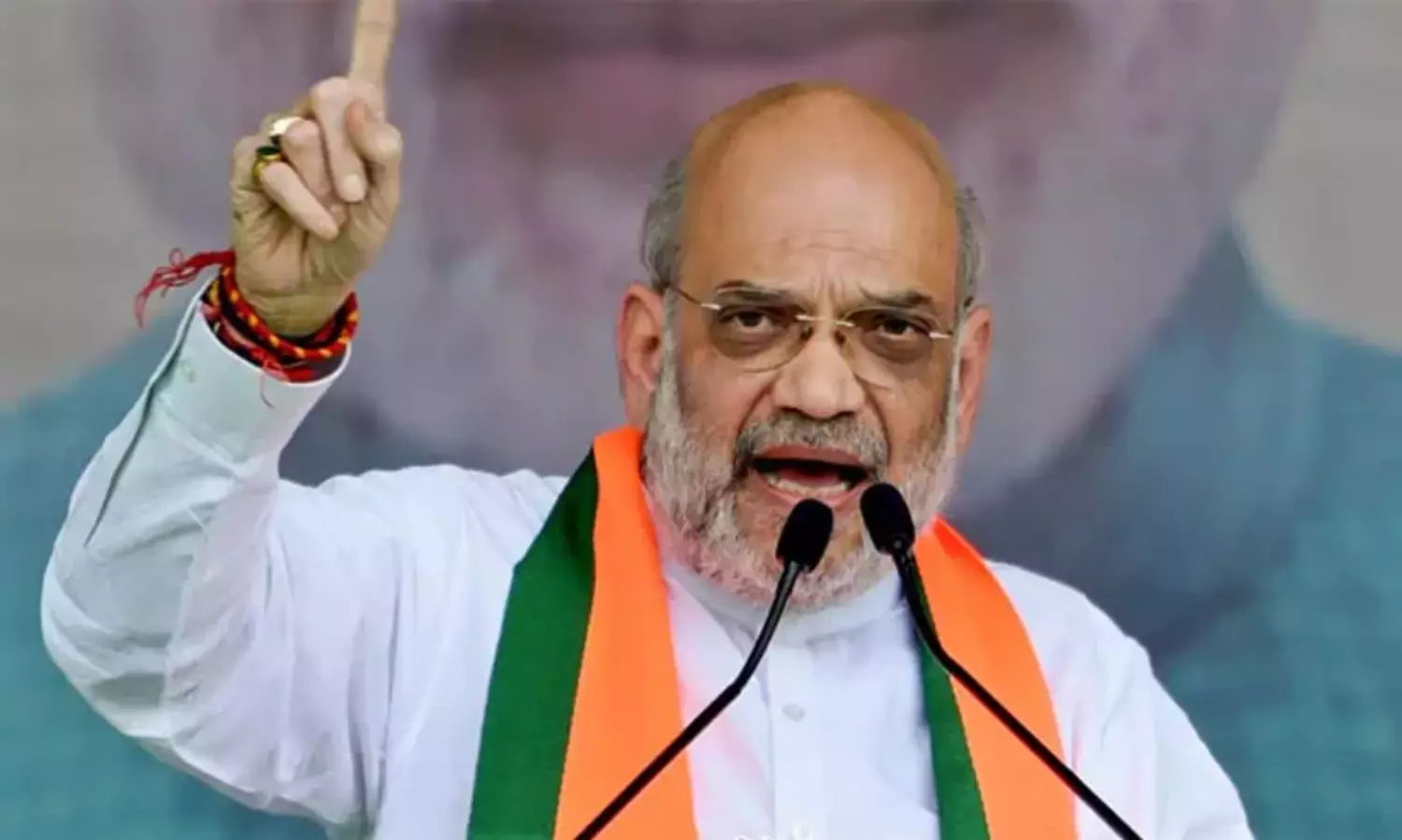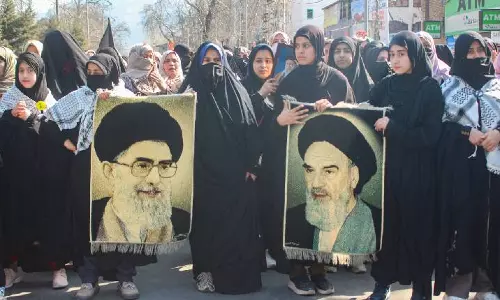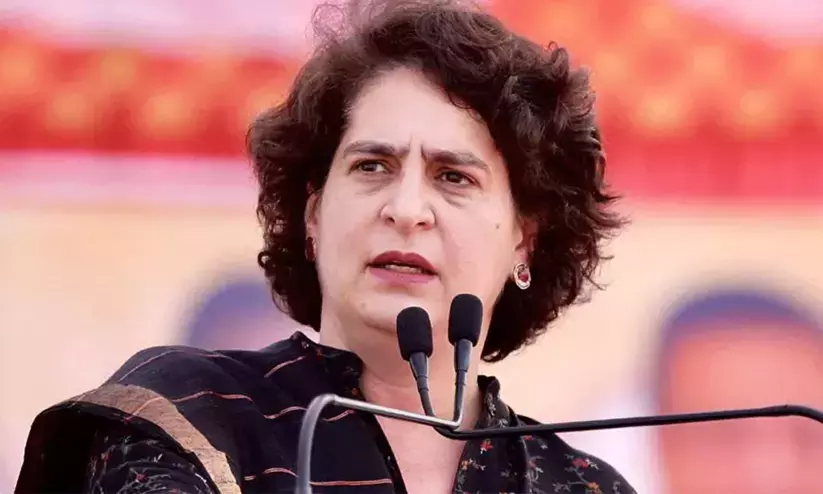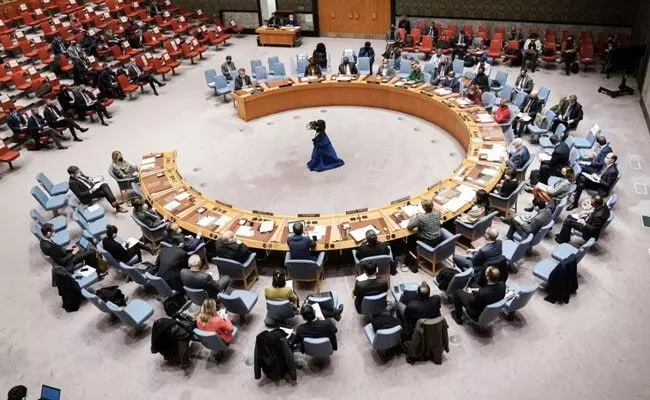
India warns UN against biological agents being misused as weapons
text_fieldsUnited Nations: In the wake of the COVID-19 pandemic, India warned of a "heightened" threat of biological agents and chemicals being misused and advised the international community to address the rapid evolution of the risk spreading. New and emerging technologies could increase the likelihood of Weapons of Mass Destruction (WMD) that are accessed by militant groups and other non-state actors.
A counsellor at India's UN Mission A Amarnath on Tuesday said, "The access to these weapons of mass destruction by terrorists and other non-state actors adds a serious dimension to threats posed by these weapons to international peace and security".
Speaking at an open consultation of the UN Security Council 1540 Committee on the Proliferation of Nuclear, Chemical and Biological Weapons, he noted that the rapid evolution of proliferation risks is an important area that needs the attention of the international community.
"New and emerging technologies may increase these risks of WMD access by terrorist groups and other non-state actors. The growing capabilities of terrorists and other non-state groups to access delivery systems like missiles and unmanned/uncrewed aerial systems have compounded the risks of terrorism using WMDs.
"Similarly, in the COVID-era, the threat of misuse of biological agents and chemicals as weapons, combined with advances in chemistry and biology, has heightened. The open consultations would be a useful forum to deliberate on these issues and how the Committee can assist member states in this area," he said.
The outbreak of the novel Corona virus was first reported in December 2019 in the Chinese city of Wuhan, where it quickly spread and became an pandemic. Globally, more than 530,022,000 COVID-19 cases have been reported, according to Johns Hopkins University, and have killed more than 6,292,000. He reiterated that India attaches great importance to the implementation of Resolution 1540.
"With our longstanding commitment to global non-proliferation, we have established a strong law-based, national system to implement the provisions of resolution 1540," Mr Amarnath said.
Recognizing the role of industry, academia and other key stakeholders in the implementation of Resolution 1540 of the States, he said that India was organizing outreach programs involving these stakeholders at the national and regional levels, according to NDTV.
"We also support the 1540 Committee's enhanced cooperation and coordination with international organisations like the IAEA (International Atomic Energy Agency), other relevant UN bodies like UNODA (United Nations Office for Disarmament Affairs) and this Council's counter-terrorism Committees to prevent non-state actors from acquiring WMDs."
The UNSC resolution identifies 1540 militants and militant groups as major non-state actors who acquire, develop, transport or use weapons of mass destruction and their means of distribution, Mr Amarnath had said.
"This threat of terrorists acquiring weapons of mass destruction is not in the theoretical realm as further indicated in the recent reports" of the UN Investigative Team to Promote Accountability for Crimes Committed by Da'esh.
He also added that their findings show that a terrorist group with significant territory under their control had the ability to develop and deploy these deadly weapons in a short period of time.
"This is deeply disturbing. Therefore, preventing terrorist groups from acquiring and using weapons of mass destruction must be an urgent priority and responsibility of the international community. In this regard, we encourage member states to focus on this critical threat during the open consultations."
He added that the full implementation of Resolution 1540 would be a long-term mission and would require constant and persistent effort from member states…























